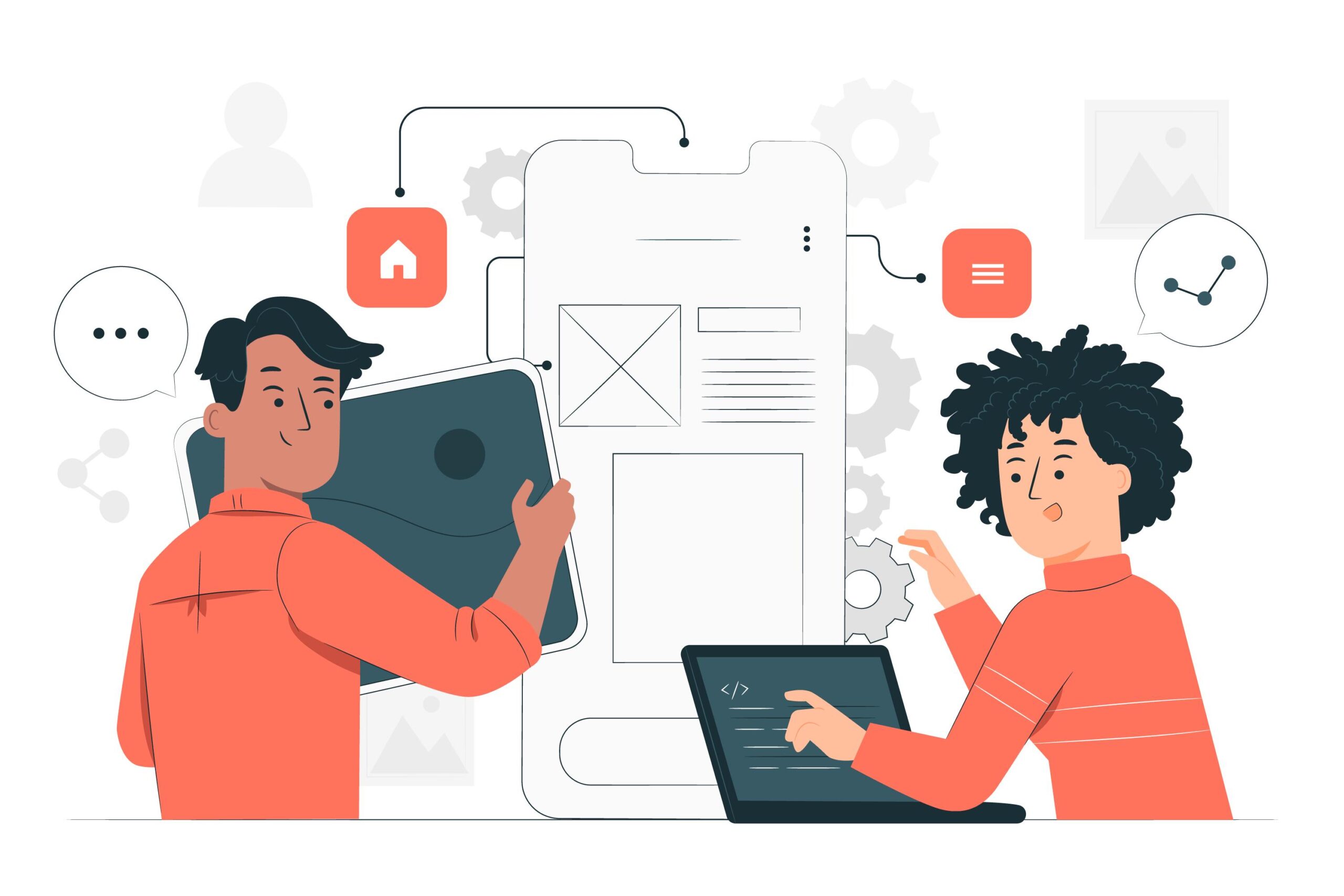
The iPhone, a ubiquitous device in the palm of billions, has transformed the way businesses operate and interact with customers. With each passing year, the app ecosystem evolves, presenting unprecedented opportunities for innovation. In 2024, businesses across the B2B, B2C, and C2C spectrums have a golden chance to capitalize on emerging trends and untapped markets. This blog delves into the top iPhone app ideas that can potentially revolutionize your business.
Understanding the App Landscape
Before we dive into the app ideas, let’s briefly analyze the current app landscape.
- B2B Apps: These apps cater to businesses and professionals, focusing on efficiency, productivity, and collaboration.
- B2C Apps: Targeting individual consumers, these apps prioritize user experience, engagement, and loyalty.
- C2C Apps: Facilitating transactions between individuals, these apps emphasize trust, community, and convenience.
The intersection of these categories is blurring, with many apps offering hybrid functionalities. For instance, a B2B app might incorporate elements of B2C to engage with individual customers.
Top iPhone App Ideas
B2B App Ideas
- AI-Powered Business Intelligence: Leveraging advanced AI algorithms, this app can provide real-time insights into market trends, competitor analysis, and customer behavior. Features could include predictive analytics, sentiment analysis, and automated report generation.
- Supply Chain Optimization: This app can streamline supply chain operations by optimizing inventory management, transportation, and logistics. It can incorporate features like real-time tracking, predictive maintenance, and supplier collaboration.
- Cybersecurity Solutions: Given the increasing threat landscape, a cybersecurity app can offer robust protection for businesses. Features could include threat detection, incident response, and data privacy compliance.
- Remote Work Collaboration Tools: As remote work becomes the norm, there’s a growing need for efficient collaboration tools. This app can offer features like virtual meetings, project management, and document sharing.
- Financial Management Platform: This app can help businesses manage their finances effectively. Features could include expense tracking, invoicing, payroll, and budgeting.
B2C App Ideas
- Personalized Shopping Experiences: Using AI and machine learning, this app can offer tailored product recommendations based on user preferences and behavior. Features could include virtual try-ons, personalized styling, and loyalty programs.
- Subscription Box App: Curated subscription boxes are gaining popularity. This app can allow users to subscribe to various boxes based on their interests, preferences, and lifestyle.
- Augmented Reality (AR) Shopping: By overlaying digital information onto the real world, this app can enhance the shopping experience. Features could include virtual product placement, interactive product demos, and in-store navigation.
- Health and Wellness Platform: This app can offer personalized health and wellness plans, fitness tracking, nutrition guidance, and mental health support.
- On-Demand Services Marketplace: Connecting service providers with customers, this app can offer a wide range of services like home cleaning, pet care, and handyman services.
C2C App Ideas
- Peer-to-Peer Rental Marketplace: This app can facilitate the rental of items like cars, bikes, tools, and even accommodation. Features could include secure payments, insurance options, and real-time location tracking.
- Social Commerce Platform: Combining social media with e-commerce, this app can enable users to buy and sell products directly within the platform. Features could include live shopping, influencer collaborations, and group buying.
- Gig Economy Platform: Connecting freelancers with clients, this app can offer a variety of services like writing, editing, design, and programming.
- Community-Based Marketplace: This app can focus on local businesses and individuals, facilitating buying and selling within a specific community.
- Secondhand Marketplace: This app can help users buy and sell pre-owned items, promoting sustainability and circular economy.
Key Considerations for iphone App Development
- User Experience (UX): A great app starts with a seamless user experience. Ensure the app is intuitive, visually appealing, and easy to navigate.
- Monetization Strategy: Determine how you will generate revenue from your app. Options include in-app purchases, subscriptions, advertising, and freemium models.
- Data Privacy and Security: Protect user data with robust security measures and comply with relevant data privacy regulations.
- Continuous Improvement: Regularly update your app with new features, bug fixes, and performance enhancements based on user feedback.
Conclusion
The app market is vast and competitive, but with careful planning and execution, you can create a successful iPhone app that meets the needs of your target audience. By understanding the trends and leveraging the power of technology, you can build an app that not only generates revenue but also enhances your brand reputation.
Remember: The key to success lies in identifying a unique value proposition and delivering an exceptional user experience.